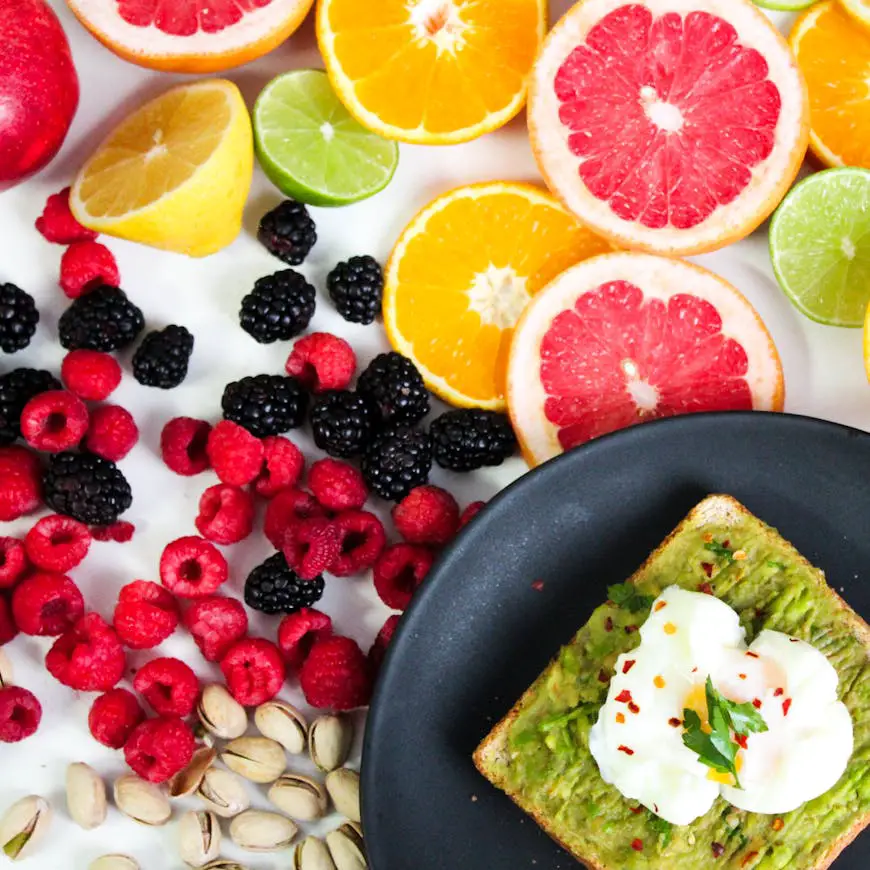The banana is one of the most produced, traded, and consumed crops worldwide, with more than 1,000 varieties, according to the UN Food and Agriculture Organization. More than 120 countries. Bananas, originally native to Southeast Asia, now thrive in many warm climates worldwide.
It is a delicious fruit, but beyond its delicious flavor, bananas offer a wealth of health benefits that make them an essential part of a balanced diet.
They’re a fantastic addition to your diet if you’re looking to include more nutritious fruits.
Here’s why incorporating bananas into your daily routine can significantly enhance your overall well-being.
1- Rich in Essential Nutrients
Packed with fiber and a range of essential nutrients, they offer:
- Potassium: This vital mineral plays a crucial role in maintaining healthy blood pressure, balancing fluids in the body, and supporting proper muscle and nerve function.
- Vitamin C: A powerful antioxidant, vitamin C helps protect your body against free radicals, supports the immune system, and enhances skin health by promoting collagen production.
- Vitamin B6: This vitamin aids in the conversion of food into energy and supports the production of neurotransmitters like serotonin, which regulate mood.
- Dietary Fiber: Bananas are a good source of dietary fiber, which aids in digestion, helps maintain healthy blood sugar levels, and contributes to heart health by reducing cholesterol levels.
Bananas are a great source of carbohydrates, water, fiber, and antioxidants, with minimal protein and no fat. One medium banana provides:
Calories: 112
Fat: 0 g
Protein: 1 g
Carbs: 29 g
Fiber: 3 g
Vitamin C: 12% of Daily Value (DV)
Riboflavin: 7% of DV
Folate: 6% of DV
Niacin: 5% of DV
Copper: 11% of DV
Potassium: 10% of DV
Magnesium: 8% of DV
2- Digestive Health
Bananas contain dietary fiber, including resistant starch and pectin. Resistant starch acts as a prebiotic, feeding beneficial gut bacteria, while pectin can help prevent constipation and may even have protective effects against colon cancer.
3- Potential Weight Loss Aid
While no direct studies link bananas to weight loss, their low calorie count, high fiber, and resistant starch content may help you feel full longer, potentially reducing overall calorie intake.
4- Promotes Heart Health
High in potassium, bananas support heart health by helping manage blood pressure. They also provide magnesium, which can aid in reducing the risk of heart disease and hypertension.
5- Loaded with Antioxidants
They are rich in antioxidants such as flavonoids and amines, which help protect cells from free radical damage and reduce heart disease and skin aging.
6- Keeps You Full Longer
The soluble fiber in bananas adds bulk to your digestive system and slows digestion, which can help you stay full. For added satiety, pair a banana with a protein-rich food like Greek yogurt.
7- May Improve Insulin Sensitivity
Eating resistant starch from unripe bananas might improve insulin sensitivity, potentially benefiting blood sugar regulation.
8- Supports Kidney Health
Bananas’ high potassium content supports kidney function and helps regulate blood pressure. A 2019 study found that potassium might slow the progression of chronic kidney disease in some individuals. However, those with advanced kidney disease should consult a healthcare professional before increasing potassium intake.
9- Aids Exercise Recovery
Bananas are ideal for athletes due to their easily digestible carbs, potassium, and magnesium. These nutrients help replenish electrolytes lost through sweat, potentially reducing muscle cramps and soreness after exercise.
10- Convenient and Versatile
Bananas are not only nutritious but also easy to include in your diet. You can mix it into yogurt, butter, or smoothies, or use it as a sweetener in baking. Their portability and ease of digestion make them a convenient choice.
Quick Banana Recipes
Banana Pancakes: Mix one mashed banana with two beaten eggs to create a simple pancake batter. Cook as you would regular pancakes, and add quick oats for extra fiber.
Chocolate Banana “Nice Cream”: Blend frozen banana slices with cocoa powder for a healthy chocolate treat.
Baked Oatmeal Muffins: Combine overripe bananas with unsweetened applesauce, oats, milk, baking powder, and a sweetener like agave nectar. Transfer the mixture into muffin tins and bake.
Is eating a banana every day beneficial?
Yes, bananas are a nutritious choice that can support digestive health, aid in recovery from exercise, and provide essential vitamins and minerals. One banana daily contributes to your vitamin C, potassium, and magnesium needs. However, be mindful of overall carb and sugar intake to avoid high blood sugar.
What are the main benefits of eating bananas?
It helps with blood sugar regulation, digestion, heart health, weight management, and exercise recovery. They also keep you feeling full and can support kidney health.
When is the best time to eat bananas?
It makes an excellent breakfast or snack. To manage blood sugar, pair them with protein and fat, like Greek yogurt.
Bananas are a popular and nutritious fruit that can enhance your diet in many ways. They support digestive and heart health, help with weight management, and provide a convenient and versatile snack option. Both ripe and unripe bananas offer distinct health benefits, making them a great choice for maintaining overall well-being.








